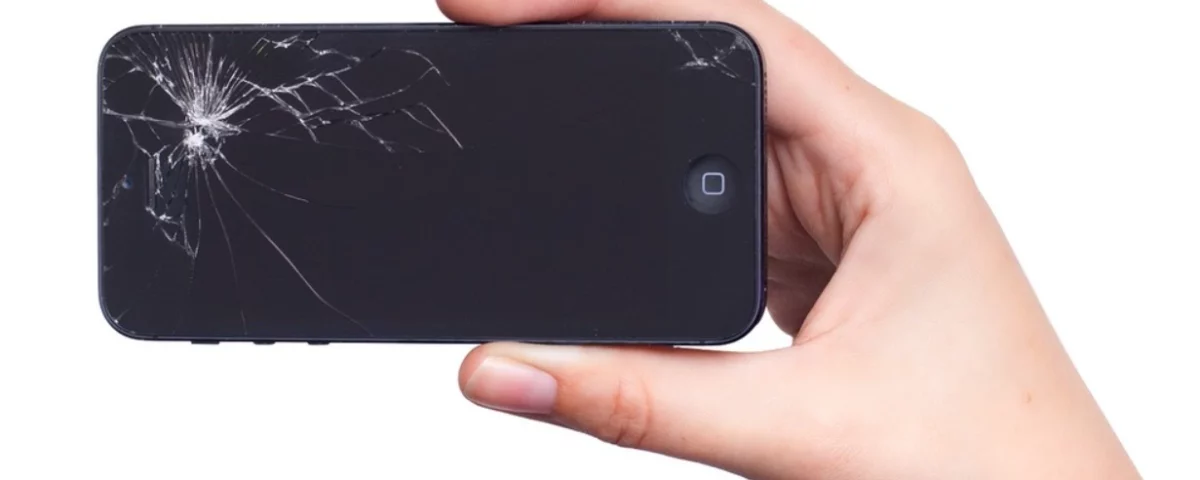


The Pros and Cons of Android: What You Need to Know
September 15, 2024


iPhone vs. Android: The Decade-Long Rivalry Shaping Our Technological Landscape
September 26, 2024The repair-versus-replacement dilemma-arguably one of the major decisions we have to make nowadays, faced with an iPhone that has started showing signals of wear and tear-is not solely a question of money, but one of costs, environmental impact, and personal preference. Let’s do some weighing of pros and cons for each option.
Why You May Want to Repair
1. Economical
The main reasons one would want to repair their iPhone often have to do with the potential cost one may save. If your screen is cracked, your battery is too quick to drain, or if you’re experiencing other common issues, fixing it’s often cheaper compared to buying a new phone. Apple and third-party repair shops offer repairs at prices that are generally well under the cost of buying a new device. For newer iPhones, repairing your device often makes a lot of sense financially.
2. Environmental Responsibility
By deciding to repair your iPhone, you are being friendly to the environment. Electronic waste is an ever-growing problem, and each time we discard our gadgets, we add to the problem. Repairing instead of replacing means you’re helping reduce e-waste and minimize environmental pollution coming from manufacturing new devices and dumping the old ones. It is one way to make a difference, however small it might seem.
3. Maintain Your Data
You fix your iPhone, and you ensure that all your data stays with you. To many of us, we store our lives in our smartphones—photos, messages, contacts, and many more. Yes, it’s possible to transfer data across to a new phone, but it’s a real hassle and there’s always the risk that something goes wrong. Repairing your present phone keeps everything just the way you left it.
4. Familiarity and Comfort
For one, there’s a lot to be said for the comfort of continuing with a device one is familiar with. If you are used to your current iPhone’s layout, features, and its quirks, replacing it with a new model can mean a learning curve and adjustments. Sometimes the comfort of your old phone and the familiarity of its interface alone may be worth more than the latest tech features.
Why You Might Opt to Replace
1. Embracing New Technology
Technology rapidly changes, and something that was considered leading edge only a little while ago might not hold up as well today. Running new apps or software updates smoothly-or even at the expected performance-can be a challenge if your iPhone is older. With a new iPhone, you would get all recent technologies: faster processors, better cameras, and even longer battery life. If keeping up with tech trends is something important for you, maybe replacement could be the thing to do.
2. Long-Term Cost Benefits
While purchasing a new iPhone is an expensive deal to crack at the outset, it may save one money in the long term. Generally, newer models have warranties and are less likely to require frequent repairs. In addition, they usually have longer battery lives and are more resistant to wear and tear. The bottom line might be that buying a new device now could translate to fewer headaches and lower maintenance costs later on.
3. Access to Enhanced Features
With each different model, Apple tries to add new features and make improvements that will decidedly enhance your user experience. Whether it be a better camera for capturing memories, a faster processor for smoother performance, or new software features, a new iPhone does indeed offer upgrades that might be worth investing in. If you’re excited about the latest innovations, upgrading might be a good choice.
4. Trade-In Value
This also means trade-in programs operated by Apple and other retailers can defray some of the upgrade costs. You might be able to get credit toward a new iPhone if you trade your old one in. Not only does this lower the real cost of the new device, but it also means your old phone will be recycled correctly or refurbished for someone else to use.
Making Your Decision
These are some of the factors to consider when repairing or replacing your iPhone:
– Cost Comparison: Compare the cost of repair versus the cost of a new phone. If your device has huge problems or you have an older model, replacement could be more cost-effective.
– Device Age and Condition: Look at how old your iPhone is and what condition it’s in. If that isn’t the only thing that has happened to your device, you might want to get yourself a new one.
– Technology needs: Reflect on whether your current iPhone has been serving your needs, or if you have other needs for which a new model with advanced features might better serve.
– Environmental Impact: Consider the environmental impact of your decision. Repairing extends the life of your device; replacement contributes to e-waste.
It’s all about the balancing act that works to your best interest-repair or replace your iPhone. Both avenues come with their advantages, and the right decision would entirely depend on personal circumstances, priorities, and values. You should make a choice after considering your options, so you opt for something that best meets your needs and makes more sense for your situation.

